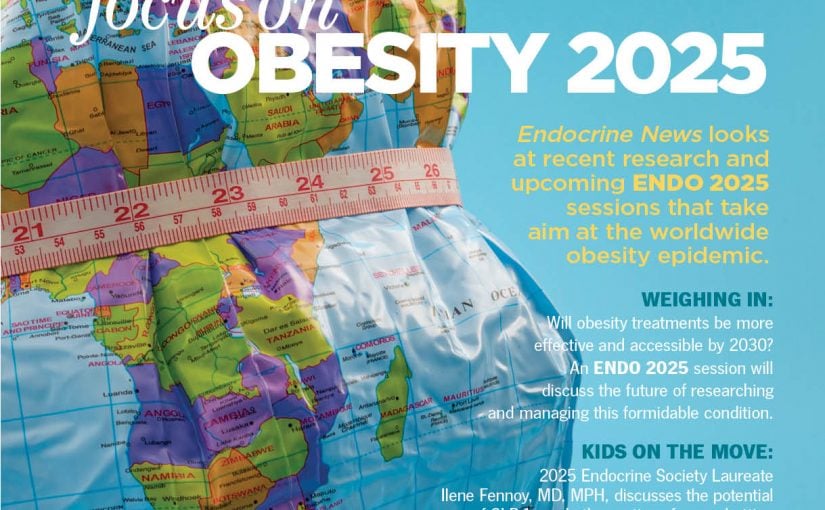A high-fat, high-sugar (HFHS) diet may cause obesity-related reproductive dysfunction, according to an animal study that was recently published in the Journal of the Endocrine Society.
Researchers led by Natalia Toporikova, PhD, of Washington and Lee University in Lexington, Va., point out that obesity is associated with multiple metabolic and reproductive disorders, but the mechanisms aren’t fully understood. “Studies have suggested that impairments in hormone signaling are associated with the development of symptoms such as acyclicity and ovarian cysts,” the authors write. “However, these studies have often failed to address how these hormonal changes arise and how they might contribute to the progression of reproductive diseases.”
So the researchers fed female rats a HFHS diet to induce obesity and determine changes in critical reproductive hormones. The HFHS rats ate this diet for 14 weeks, and by the end of the study, “HFHS rats exhibited irregular estrous cyclicity, with substantially less time in proestrus and more time in estrus compared with the controls,” the authors write. “A greater proportion of time spent in estrus is associated with anovulation, reproductive senescence, and impaired fertility.”
The HFHS rats also exhibited impaired estradiol, progesterone, and luteinizing hormone surges before ovulation. “Furthermore, alterations in the basal [progesterone/testosterone] ratio correlated strongly with ovarian cyst formation in HFHS rats,” the authors write.
Based on these results, the authors conclude that the “HFHS diet resulted in an impaired preovulatory hormonal surge and altered basal hormone levels. An imbalance in basal steroid hormones further correlated strongly with ovarian cyst formation.”
“Thus,” they continue, “our model offers a method to examine the morphological and physiological changes that might contribute to the disruption of reproductive cycle. Our study ultimately contributes to the understanding of the direct role that diet plays in the generation of reproductive dysfunction.”

